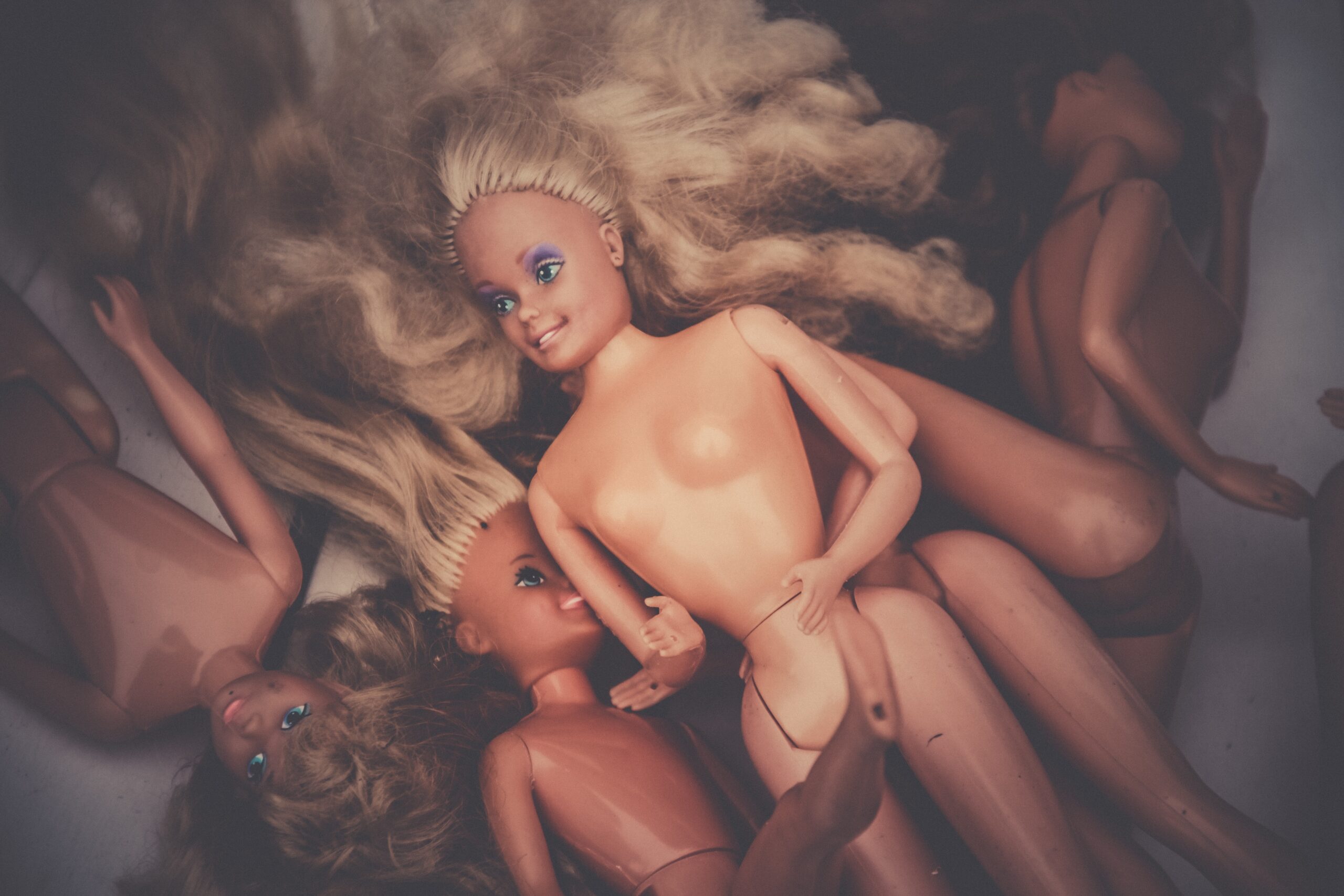
A few weeks ago I wrote a relatively critical article about Gen Z and aesthetics. I have complicated feelings about the limitation that comes with aesthetics, and the struggle of self definition. All that being said, I have to admit. I love Barbiecore.
Barbiecore is the height of the color pink. Never before has pink been used in such an iconic way, creating a hyperfeminine world made for perfection. While my wardrobe may suggest otherwise, I love pink. Pink heels, pink tops, pink baguette bags, and pink nail polish have my undying adoration. Heck, even my phone background and widgets are pink. My love for the aesthetic is unwavering. However, my love for the character is not.
Even though I am a die-hard Raquelle fan, I have genuine grievances with Barbie. While it is admirable that she’s had career after career, inspiring young people, especially young girls to follow their passions, she’s had her shortcomings. The one that stands above the rest, is unfortunately the most obvious. Barbie isn’t real.
As much as we don’t want to admit it, Barbie wasn’t made for most of us. She was made to look like the ideal woman, no more than 110lbs, with perfect curves, and slim bodied, she was the pinnacle of femininity. And she still is. We’d be lying if we said most of the world wasn’t consciously or subconsciously drawn to the blonde-haired blue-eyed flawlessness of the original Barbie. After all, that’s what made her so popular. Barbie was built on unattainability. And once you make her within reach, who’s to say she’s still Barbie?
Don’t get me wrong, the more representation the better. My point lies more within the Barbie name than the expansion of Barbie herself. I never had a classic Barbie. My barbie had smooth brown skin, even darker than mine, and long thick hair I used to try to color blue with a Sharpie. But I knew she wasn’t Barbie. I renamed her, separating her entirely from the namesake she was meant to carry on, deepening the divide between Barbie and barbie. Even Nicki Minaj herself claimed the well-deserved title of Black Barbie, making it clear that she was claiming the perfection that came with the Barbie name, but not the name itself. Barbie will always be Barbie. Blonde-haired, blue-eyed, with an impossibly tiny waist, and unnerving blank stares. Barbie will never look like me. And I don’t want her to.
I think Barbie is beautiful. But I don’t confuse having beauty with defining it. Barbie wields her beauty like a weapon, as if without it she’s nothing but a shell of herself. Even if you put her in a lab coat and glasses, or an astronaut suit, Barbie has to be beautiful. But Barbie was modeled on what some perceived beauty to mean. Instead of taking that chance to redefine beauty, they only reinforced the past. That’s my true gripe with Barbie. It isn’t that she isn’t racially diverse enough, or that she isn’t body positive enough, or even that she promotes unhealthy beauty ideals. It’s all of those things. It’s that Barbie had a chance to change the way we see ourselves. It’s that Barbie had a chance and she threw it away for a dreamhouse none of us will ever get to see.
Photo by ALEXANDRE DINAUT on Unsplash
Leave a Reply
Your email address will not be published. Required fields are marked *
One Comment
LiReWe
I love this article.